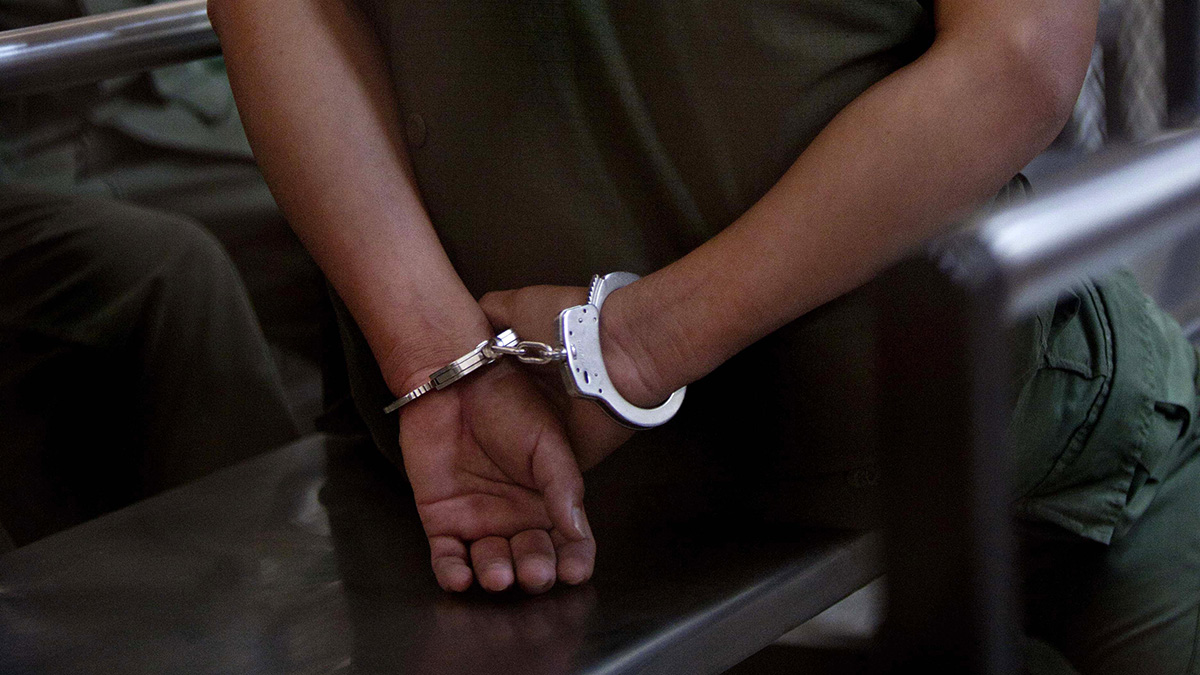Colombian Pastor Sentenced for Exploiting Women During Alleged Exorcisms
A shocking case has emerged from Colombia, where a pastor has been sentenced for sexually abusing multiple women under the pretext of performing exorcisms. This disturbing incident not only highlights the vulnerability of individuals seeking spiritual help but also raises critical questions about the misuse of religious authority and the intersections of faith and exploitation within communities. The implications of this case are far-reaching, demanding a closer examination of the systemic issues that allow such abuses to occur.
The Case Unfolds
In a harrowing series of events, the pastor, whose identity has been protected for legal reasons, was found guilty of sexually assaulting a number of women who sought his help, believing they were possessed by evil spirits. The women, often in vulnerable positions due to personal struggles, turned to the church and the pastor for guidance, only to find themselves victims of manipulation and abuse.
According to court documents, the pastor used his position of power to exploit these women, convincing them that physical contact during exorcisms was necessary for their spiritual liberation. This manipulation not only violated their trust but also inflicted deep psychological and emotional trauma. The pastor was sentenced to an extensive prison term, but the damage done to the victims and the community remains profound.
The Intersection of Faith and Exploitation
This case serves as a glaring reminder of how vulnerable individuals can be exploited under the guise of religion. Many faith-based organizations provide essential support and guidance to those in need. However, when individuals with malicious intent infiltrate these systems, the consequences can be devastating.
- Power Dynamics: In many religious contexts, leaders hold significant power over their congregants. This power can create an environment where abuse is more likely to occur, as victims may feel too intimidated or ashamed to speak out.
- Vulnerability of Victims: Individuals seeking help often find themselves in emotionally charged situations, which makes them particularly susceptible to manipulation. This vulnerability can be exploited by individuals who claim to have divine insight or authority.
- Cultural Context: In Colombia and many other countries, the belief in spiritual possession and the need for exorcisms are deeply rooted in cultural practices. This cultural context can make it easier for perpetrators to justify their actions as part of a spiritual practice.
The Impact on Victims
The psychological and emotional scars left on the victims of such abuse can be long-lasting. Many women from this case have reported feelings of shame, confusion, and betrayal. The betrayal of trust by someone they believed was a spiritual leader can lead to lasting effects, including:
- Post-Traumatic Stress Disorder (PTSD): Many victims may experience flashbacks, anxiety, and other symptoms associated with PTSD.
- Loss of Faith: Victims may struggle with their belief systems, leading to a broader crisis of faith that affects their spiritual journey.
- Isolation: Victims may withdraw from their communities, fearing judgment or disbelief from others.
Support systems are crucial for victims to reclaim their lives and heal from their experiences. Community outreach and mental health resources can play a significant role in helping individuals navigate the aftermath of such trauma.
Addressing the Systemic Issues
To prevent similar incidents in the future, it is essential to address the systemic issues that allow such abuses to occur. Some potential solutions include:
- Increased Accountability: Religious organizations should implement strict guidelines and accountability measures to ensure the safety of their congregants.
- Education and Training: Providing education on healthy spiritual practices and identifying signs of abuse can empower congregants to seek help if they feel uncomfortable or threatened.
- Support for Victims: Establishing support networks for victims of abuse within religious settings can create safe spaces for healing and recovery.
Community Response and Awareness
The community’s response to this case has been one of outrage and sorrow. Many have taken to social media and local forums to express their disbelief and to advocate for greater awareness about the potential for abuse within religious contexts. Grassroots movements are emerging, calling for:
- Better Training for Leaders: Training programs that focus on ethics and the responsibilities of spiritual leaders can help prevent future abuses.
- Public Awareness Campaigns: Educating the public about the signs of spiritual abuse and encouraging open conversations about faith and exploitation.
- Legal Reform: Advocating for laws that protect vulnerable individuals in religious settings can help to create a safer environment for all.
Conclusion
The sentencing of the Colombian pastor serves as a grave reminder of the potential for abuse that exists at the intersection of faith and vulnerability. While the case is indeed heartbreaking, it also offers an opportunity for reflection and systemic change within religious communities. By fostering a culture of accountability, education, and support, we can work towards a future where individuals can seek spiritual guidance without fear of exploitation.
As communities rally together to address these issues, it is crucial to ensure that victims are provided with the necessary resources to heal and rebuild their lives. Only through collective effort can we hope to create a safe and supportive environment for all individuals seeking solace within their faith.
By shining a light on these dark corners of religious exploitation, we can empower individuals to speak out, advocate for change, and ultimately foster a community where faith is a source of hope and healing, rather than one of pain and betrayal.
See more CNN Headline


